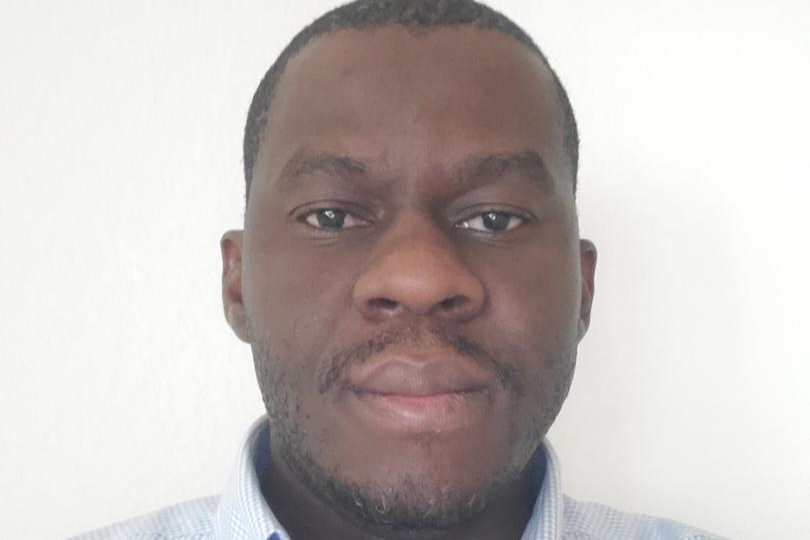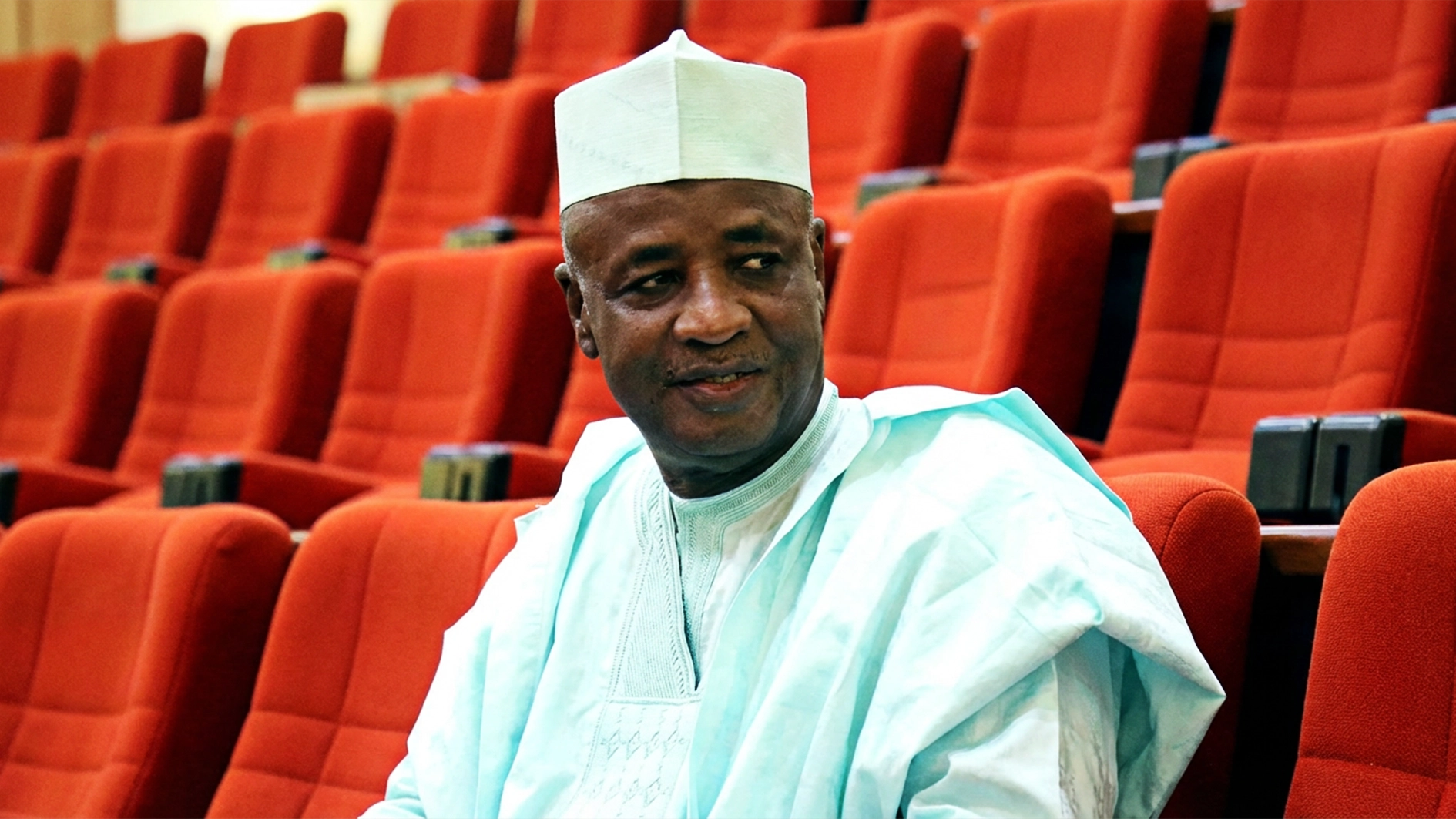 In the rapidly evolving world of cybersecurity, the name Sunday Oladosu stands out as a beacon of excellence, leadership, and innovation. A Senior Network/Cloud Engineer at Infosys, based in Houston, Texas, Oladosu is a proud Nigerian who has carved a path to success in one of the world’s most critical and dynamic industries—network security.
In the rapidly evolving world of cybersecurity, the name Sunday Oladosu stands out as a beacon of excellence, leadership, and innovation. A Senior Network/Cloud Engineer at Infosys, based in Houston, Texas, Oladosu is a proud Nigerian who has carved a path to success in one of the world’s most critical and dynamic industries—network security.
With a wealth of experience that spans across large-scale network management, optimization, and cybersecurity, Oladosu has contributed significantly to the global tech landscape. His expertise includes managing and optimizing networks with over 500 servers and executing high-level integrations like the deployment of Cisco Catalyst 9300 and 9200 switches into McKesson’s USO network—a significant achievement that enhanced both the performance and security of McKesson’s operations.
Oladosu’s academic credentials are equally impressive. He holds a Master’s degree in Cybersecurity from EC-Council University in New Mexico, which he completed in 2022, and an MBA from the University of Ilorin in Nigeria. Alongside these degrees, Oladosu has acquired all major Cisco certifications—CCNA, CCNP, and CCIE—along with several other advanced certifications in network and cloud security.
His technical acumen is complemented by his business leadership skills, giving him a holistic understanding of both the technological and strategic challenges that come with managing large-scale network infrastructures. This combination of education, hands-on experience, and certifications has cemented Oladosu’s reputation as a trusted expert in the network security field.
As the digital landscape grows, so too do the challenges faced by network security professionals. One of the key issues that Oladosu and others in the field grapple with is the increasing sophistication of cyber-attacks. From ransomware to advanced persistent threats (APTs), malicious actors are finding new ways to exploit vulnerabilities in systems. As businesses increasingly rely on cloud-based infrastructure, the need for robust security solutions becomes more pressing.
Another challenge is the exponential growth in the volume of data that needs to be protected. With over 500 servers to manage in Oladosu’s case, ensuring the integrity and security of such vast amounts of data while maintaining performance is no small feat. Moreover, as more devices become interconnected, managing these endpoints effectively is crucial for preventing attacks that could compromise an entire network.
Despite these challenges, the future of network security is bright. According to Oladosu, several emerging trends are shaping the field. The traditional “trust but verify” approach is being replaced by a “never trust, always verify” mindset, which mandates verification for all devices, users, and applications—whether inside or outside the network. AI and ML are increasingly being used to detect anomalies, predict potential security breaches, and automate network monitoring, making it easier to respond quickly to emerging threats. As more businesses shift to cloud environments, securing cloud infrastructure becomes crucial. Oladosu’s experience in cloud security gives him a unique perspective on how to balance the flexibility of cloud services with the need for rigorous security protocols. Automating network security tasks, such as updates and configurations, is a growing trend. This reduces human error and increases operational efficiency, especially for large-scale networks like those Oladosu works on. With the increasing prevalence of Internet of Things (IoT) devices, securing these endpoints has become a key focus. From industrial systems to smart homes, ensuring the security of IoT devices is critical to overall network integrity.
As one of the emerging leaders in the field of network security, Sunday Oladosu’s insights could be invaluable to Nigeria, a country rapidly embracing digital transformation. Nigeria’s growing tech ecosystem—driven by sectors such as finance, telecommunications, and government—faces several cybersecurity challenges, including frequent data breaches, lack of skilled professionals, and a shortage of advanced security technologies.
Oladosu’s experience can guide Nigeria in several ways. With his educational background in cybersecurity, Oladosu is an advocate for the importance of specialized education in the field. Nigeria can benefit from investing in higher education and training programs that focus on cybersecurity to produce a new generation of highly skilled professionals. Nigeria can adopt best practices from Oladosu’s work in large-scale network management, such as implementing the zero-trust security model and adopting AI-driven security solutions to protect critical infrastructure. Nigeria can foster partnerships with global tech giants like Infosys to bring expertise into the country. Collaborating with multinational companies will help improve network infrastructure and cybersecurity practices, especially in the private and public sectors. As Nigeria looks to develop its cybersecurity framework, individuals like Oladosu can help raise awareness about the importance of securing data and infrastructure. His advocacy for cloud security and IoT protection can be particularly beneficial in developing Nigeria’s national security standards. By leveraging the experience of successful diaspora Nigerians like Oladosu, the country can provide mentorship, internships, and career opportunities that will help retain and harness the talents of its best and brightest in tech.
Sunday Oladosu’s work in network security demonstrates the incredible potential of Nigerian talent on the global stage. His contributions at Infosys, coupled with his dedication to cybersecurity, make him a model for future generations of Nigerians aspiring to impact the world through technology. As Nigeria continues to grow as a digital economy, the insights from experts like Oladosu will be crucial in shaping a secure, connected future.






